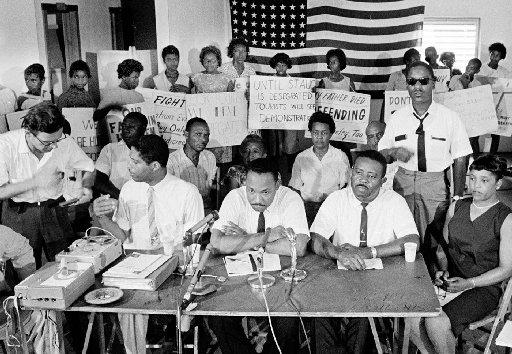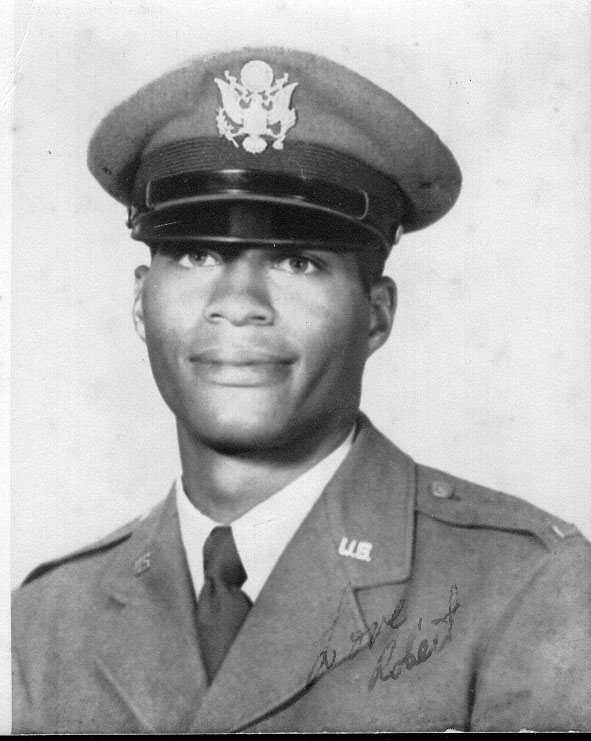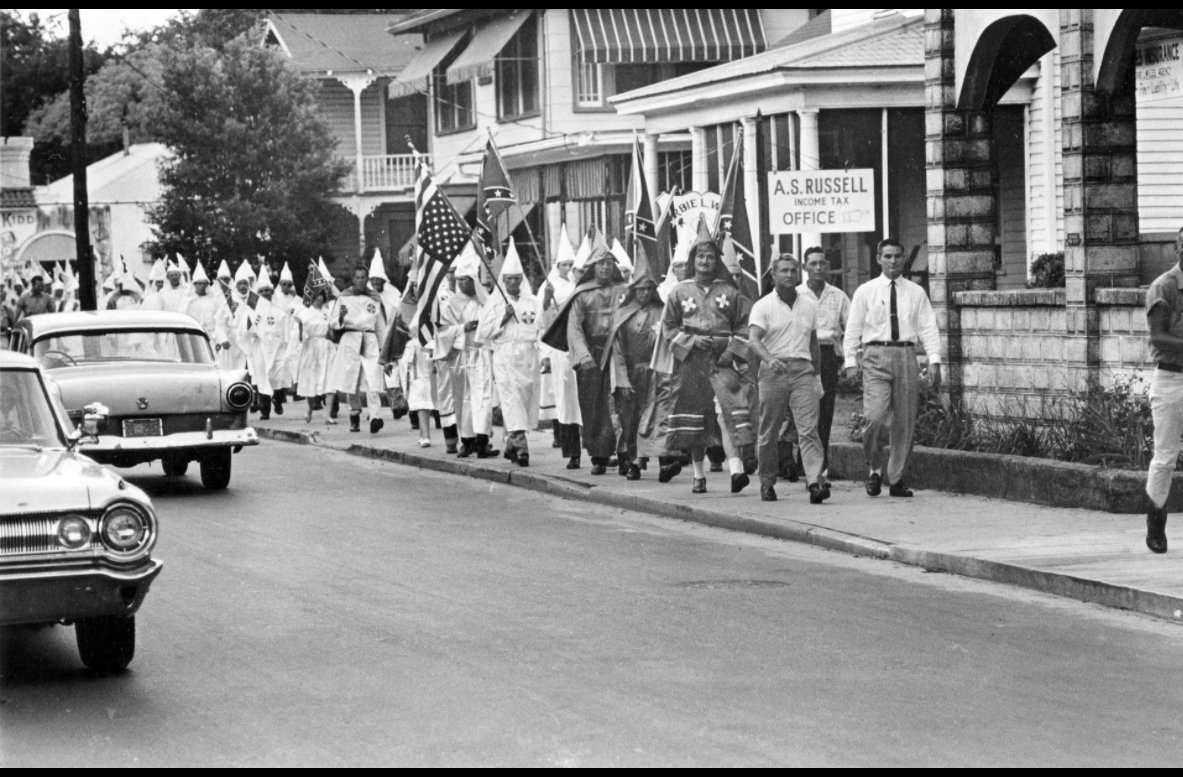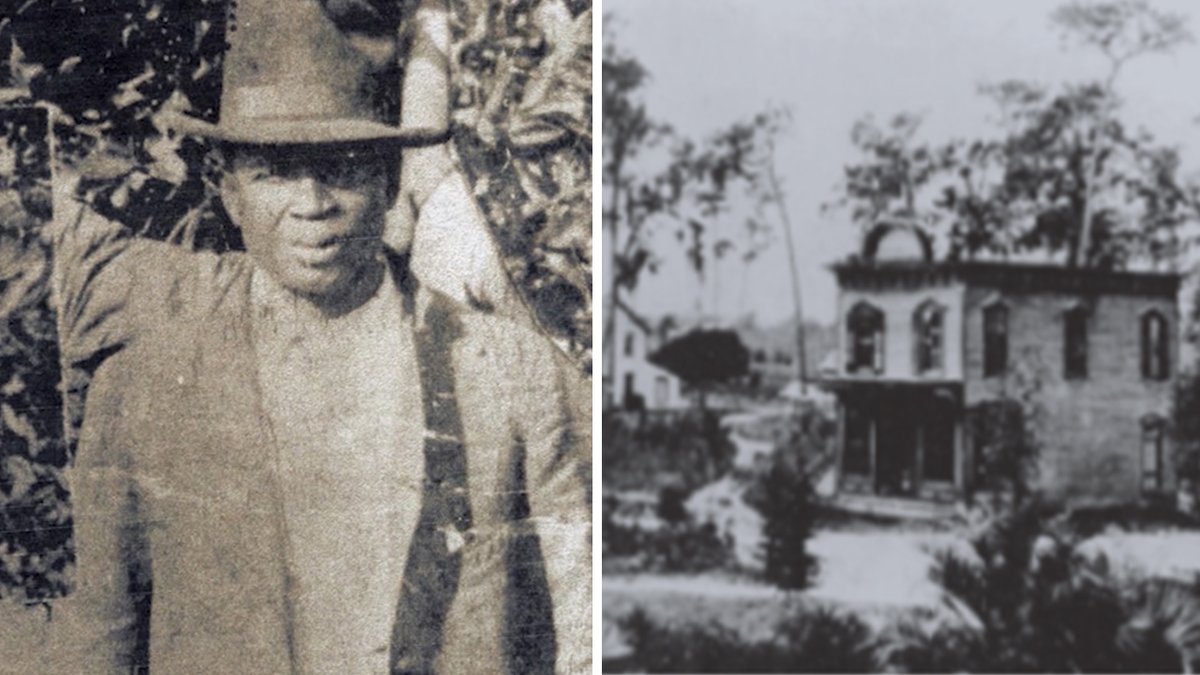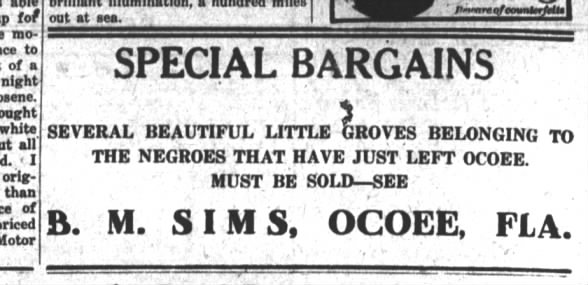
In the late 1600s or early 1700s, a man was enslaved and brought to Boston. He was renamed Onesimus, meaning "useful, helpful, or profitable." We do not know his real name.
He would become one of the most important figures in American public health. #BlackHistoryMonth
He would become one of the most important figures in American public health. #BlackHistoryMonth
In 1716, he taught Americans something he had learned in Africa: that a small, controlled infection of smallpox could protect from future serious disease. This "inoculation" was the precursor of vaccines.
It was practiced in China, the Middle East, and Africa, but not Europe.
It was practiced in China, the Middle East, and Africa, but not Europe.
Before its eradication in 1980 (a scientific and medical miracle), Smallpox was a blight on humanity, killing 500 million people in the last 100 years of its existence alone, and scarring and blinding survivors.
In 1921, Boston experienced a severe outbreak.
This was the time to test Onesimus' technique. But the white residents of Boston resisted.
This was the time to test Onesimus' technique. But the white residents of Boston resisted.
One physician, Zabdiel Boylston, believed Onesimus. The death rate among his patients was 2.2%. The death rate among others was 14.3%.
For many years, history credited Boylston with bringing inoculation to America. Today, we know the truth.
For many years, history credited Boylston with bringing inoculation to America. Today, we know the truth.
This medical knowledge, brought to America by an enslaved Black man, would go on to save countless lives. #BlackHistoryMonth
• • •
Missing some Tweet in this thread? You can try to
force a refresh

